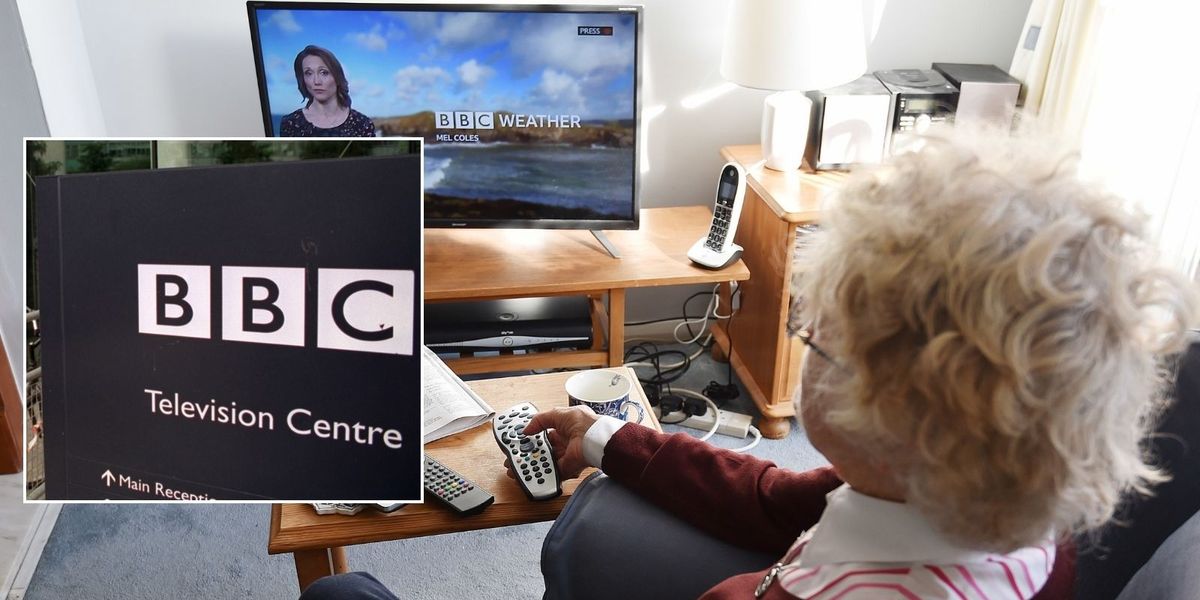The Future of BBC Licence Fee Prosecutions: A Shift in Policy?
In a significant move that could reshape the landscape of broadcasting in the UK, government ministers are preparing to end prosecutions related to the non-payment of the BBC licence fee. This decision comes amid growing concerns that the current enforcement mechanisms disproportionately target women, raising questions about fairness and equity in the legal system.
The Current State of Licence Fee Prosecutions
Every week, nearly 1,000 individuals are prosecuted for failing to pay the BBC licence fee, which currently stands at £169.50. This alarming statistic makes licence fee evasion the most commonly prosecuted offence in the country, second only to motoring violations. Disturbingly, a staggering 70% of those facing prosecution are women, prompting calls for a reevaluation of the enforcement process.
Government Stance: A Shift in Perspective
Culture Secretary Lisa Nandy and Justice Secretary Shabana Mahmood are reportedly in agreement that the failure to pay the licence fee should no longer be classified as a criminal offence. This perspective aligns with broader discussions about the fairness of the current system, particularly in light of the disproportionate impact on women. As the government prepares for charter renewal discussions with the BBC, scheduled to begin in January, the topic of non-payment enforcement is expected to be a focal point.
A senior government source emphasized the need to alleviate the administrative burden of policing non-payment, stating, “The administrative burden of policing non-payment of the licence fee should not be falling on the taxpayer. It’s not worth the hassle it creates.” This sentiment reflects a growing recognition that the current system may be outdated and in need of reform.
Voices from the Past: Criticism of Current Practices
Former Conservative Culture Secretary Lucy Frazer has previously described the prosecution of individuals for non-payment of the TV licence as “morally indefensible in modern times.” Her comments highlight a growing consensus that the legal repercussions for failing to pay the licence fee may not align with contemporary values regarding justice and equity.
The BBC’s Response: Balancing Enforcement and Support
In response to the criticism and the potential policy shift, a BBC insider revealed that there has been a “conscious effort” to reduce the number of prosecutions. The insider noted, “We are busy helping people to avoid prosecution, but prosecutions will still happen. Without an enforcement mechanism, there is no system.” This statement underscores the delicate balance the BBC must maintain between enforcing the law and providing support to those struggling to pay the licence fee.
A spokesperson for TV Licensing reiterated the organization’s commitment to enforcing the law while also offering assistance to those in need. “We have a duty to enforce the law when there is evidence that someone has avoided paying for a TV licence,” they stated. The spokesperson also highlighted the various concessions and payment plans available to help individuals obtain a licence in a manner that suits their financial circumstances.
Looking Ahead: The Future of the Licence Fee
As discussions surrounding the BBC’s charter renewal approach, the future of the licence fee and its enforcement mechanisms remains uncertain. The potential shift away from criminal prosecutions for non-payment could signify a broader transformation in how public broadcasting is funded and regulated in the UK.
The upcoming negotiations will likely address not only the enforcement of the licence fee but also the fundamental principles underpinning public broadcasting in an increasingly digital age. As the government and the BBC navigate these complex issues, the voices of those most affected—particularly women—will be crucial in shaping a fair and equitable system for all.
Conclusion
The prospect of ending BBC licence fee prosecutions marks a pivotal moment in the ongoing debate about public broadcasting and its funding mechanisms. As the government prepares for charter renewal discussions, the focus on fairness, equity, and support for those struggling to pay the licence fee could lead to significant changes in the way the BBC operates. The outcome of these discussions will undoubtedly have lasting implications for the future of broadcasting in the UK, and it remains to be seen how the balance between enforcement and support will be achieved.
